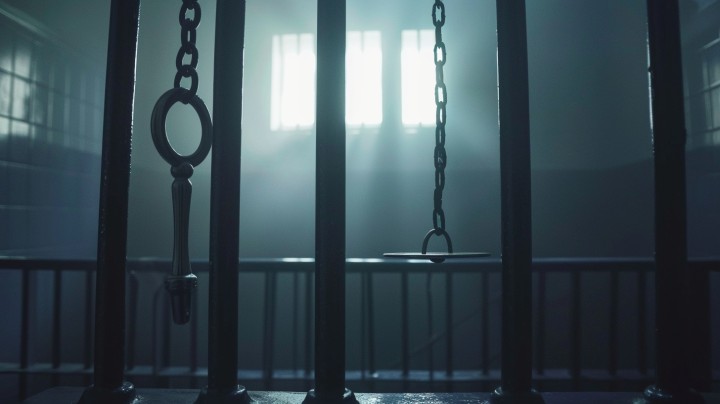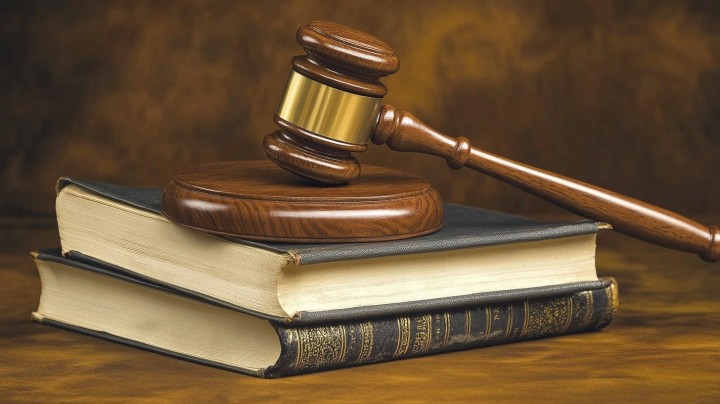Introduction
Understanding the duration of a bail bond is crucial for defendants, co-signers, and anyone involved in the bail process. This article will explore the factors that determine how long a bail bond remains in effect, the responsibilities of the parties involved, and what happens when a bail bond expires.
What is a Bail Bond?
A bail bond is a financial guarantee provided by a bail bond company on behalf of a defendant to ensure their appearance in court. When a defendant is unable to pay the full bail amount set by the court, they can opt for a bail bond, which typically involves paying a percentage of the total bail amount to the bond company.
How Does a Bail Bond Work?
Process of Securing a Bail Bond
- Arrest and Bail Setting: After an arrest, the court sets a bail amount based on various factors including the severity of the crime and the defendant’s criminal history.
- Contacting a Bail Bond Agent: The defendant or their family contacts a bail bond agent to secure the bond.
- Payment and Agreement: The defendant pays a non-refundable fee (usually 10-15% of the bail amount) to the bail bond company, which then posts the full bail amount to the court.
- Release and Court Appearance: The defendant is released from custody and must appear at all scheduled court hearings.
Role of the Co-Signer
The co-signer, often a family member or friend, guarantees that the defendant will adhere to the court’s conditions. If the defendant fails to appear in court, the co-signer may be responsible for repaying the full bail amount.
Duration of a Bail Bond
Standard Duration
A bail bond generally remains in effect until the court case is resolved, which can include:
- Completion of Trial: When the trial concludes, regardless of the verdict.
- Dismissal of Charges: If charges are dropped or the case is dismissed.
- Plea Agreement: When the defendant reaches a plea agreement with the prosecution.
Extensions and Exoneration
In some cases, a bail bond can be extended if court proceedings are delayed. However, once the case is resolved, the bail bond is exonerated, meaning the bond company’s obligation ends, and the bond is no longer in effect.
Revocation of Bail Bond
A bail bond can be revoked if the defendant violates the conditions of their release, such as failing to appear in court or committing another crime. In such cases, the defendant is taken back into custody, and the bail bond is forfeited.
Factors Influencing the Duration of a Bail Bond
Court Schedule
The length of the court process heavily influences how long a bail bond remains in effect. Court schedules can vary widely, causing delays that extend the duration of the bail bond.
Defendant’s Compliance
If the defendant adheres to all conditions set by the court, the bail bond remains in effect smoothly until the case concludes. Non-compliance can lead to revocation and forfeiture.
Nature of the Case
Complex cases involving serious charges or multiple defendants typically take longer to resolve, thus extending the duration of the bail bond.
What Happens When a Bail Bond Expires?
Bond Exoneration
Once the court case is concluded, the bail bond is exonerated, releasing the bond company from its financial obligation.
Return of Collateral
If the bail bond involves collateral, such as property or valuables, this collateral is returned to the co-signer once the bond is exonerated.
Financial Implications
The initial fee paid to the bail bond company is non-refundable, regardless of the case outcome.
Responsibilities of the Defendant and Co-Signer
Compliance with Court Conditions
The defendant must comply with all court conditions, including appearing at all hearings and adhering to any travel restrictions.
Financial Obligations
The co-signer must ensure the defendant’s compliance and may face financial liability if the defendant fails to meet the court’s conditions.
FAQs
How long does a typical bail bond last?
A typical bail bond lasts until the defendant’s case is resolved in court, which can range from a few months to several years, depending on the complexity of the case and court schedules.
Can a bail bond be extended?
Yes, a bail bond can be extended if court proceedings are delayed. The bond remains in effect until the case is concluded.
What happens if a defendant violates bail conditions?
If a defendant violates bail conditions, the bond can be revoked, leading to the defendant’s re-arrest and potential forfeiture of the bail amount.
What is bail bond forfeiture?
Bail bond forfeiture occurs when a defendant fails to appear in court or violates other bail conditions, resulting in the bond company paying the full bail amount to the court.
Is the bail bond fee refundable?
No, the fee paid to the bail bond company is non-refundable, regardless of the case’s outcome.
What is collateral in a bail bond?
Collateral is property or assets pledged to secure the bail bond. It is returned to the co-signer once the bond is exonerated and the case is concluded.
Conclusion
A bail bond remains in effect until the court case is resolved, ensuring the defendant’s appearance at all scheduled hearings. Understanding the factors influencing the duration and the responsibilities involved is crucial for defendants and co-signers. Proper compliance with court conditions can ensure a smooth process and eventual exoneration of the bond.






